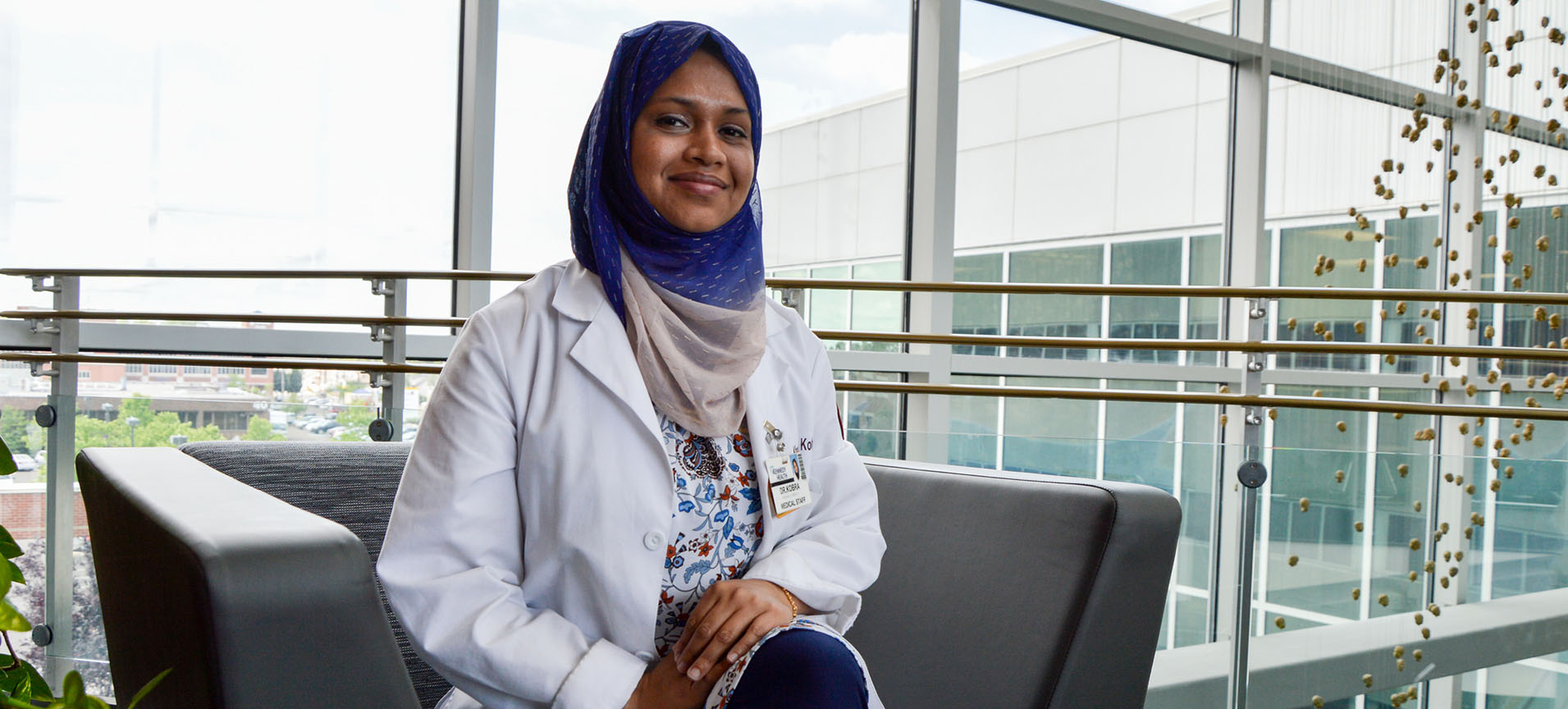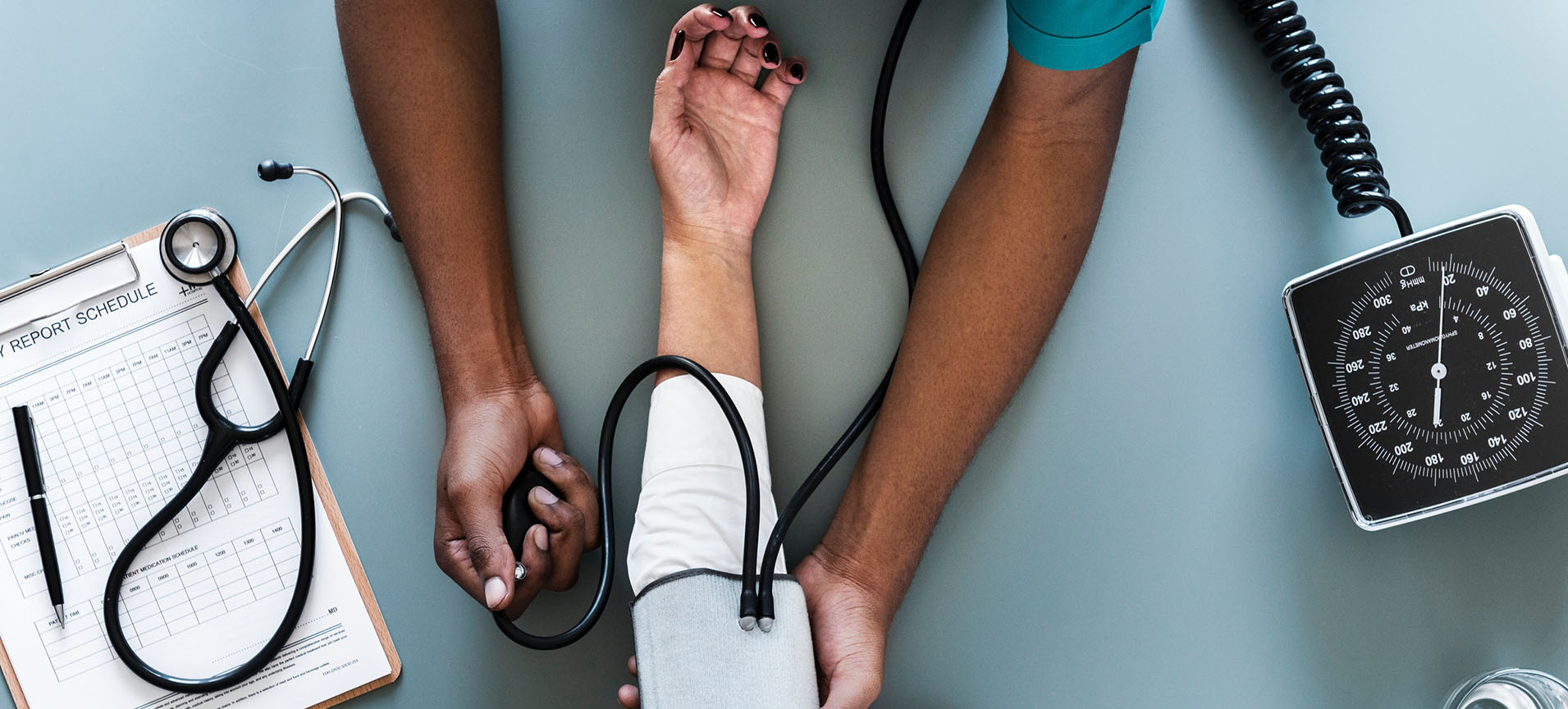New Jersey Institute for Successful Aging
Fellowship Programs
Over the last few decades, improvements in medical care and disease prevention have vastly increased life expectancy. The population of people 65 and older is projected to increase 54% between 2022 and 2060, at which time nearly one-quarter (24%) of the US population will be over 65 years of age. With age comes increased risk of complex health issues and chronic conditions, including the occurrence of common geriatric syndromes such as falls, dementia, depression and malnutrition.
The growth of the 65+ population has raced beyond the training of health care professionals with geriatrics expertise. Training programs like the NJISA’s are vital to the expansion of faculty and primary care clinicians in geriatric medicine and psychiatry.
For more information on the fellowship program, please see the NJISA Geriatrics Fellowship Flyer.
Virtua Health Geriatrics Fellowship and NJISA
Rowan-Virtua SOM is a leader in osteopathic education and the geriatrics educational programs have been recognized by such diverse groups as U.S. News & World Report, the U.S. Department of Health and Human Services’ Health Resources and Services Administration (HRSA), and the Donald W. Reynolds Foundation. The Geriatrics fellowship programs offered through Virtua Health and trained by Rowan-Virtua NJISA faculty are designed for those who have completed a residency in internal medicine, family medicine or psychiatry. Opportunities for integrated learning and the multidisciplinary team approach to care in a broad-based learning environment prepare all fellows for careers in academic and clinical geriatrics.
Curriculum
The fellowship curriculum is comprised of clinical, research, and teaching and health administration components. Our program provides in-depth knowledge of geriatrics and gerontology, including biological and psychosocial aspects of aging, clinical management of common health problems experienced by older adults. Educational experiences include lectures, conferences, workshops, Geriatric Grand Rounds, and online learning opportunities. Direct experience in administration and teaching is available throughout the program.
Clinical
Fellows receive in-depth exposure to primary care and consultative geriatrics in the ambulatory and long-term care settings and follow patients longitudinally across the continuum of care. Integrated learning experiences for fellows are offered in all clinical settings. Specialty rotations are provided in Inpatient Geriatrics, Geriatric Neurology, Geriatric Psychiatry, Physical Medicine and Rehabilitation, Subacute Care, Community Medicine (PACE), and Hospice. Psychiatry fellows also have a Neuropsychology and Family Dynamics rotation. Other elective rotations may be available to accommodate individual interests and needs of the fellows.
Scholarly Activity
All fellows are expected to particiapte in a quality improvement project and/or a faculty research project. Didactic training is provided in evidence-based medicine, critical reading of scientific literature, hypothesis formulation, and research methodology.
Teaching and Health Administration
Throughout the fellowship program, fellows develop their teaching skills and acquire an array of administrative skills. Fellows function as clinical educators, interfacing with medical students and housestaff, as well as other members of the multidisciplinary team. They participate in multidisciplinary team conferences, present case reports and educational programs to health care professionals and the lay public. Administrative concepts are put into practice in conducting fellowship meetings and assisting with curriculum revision and new fellow orientation.


